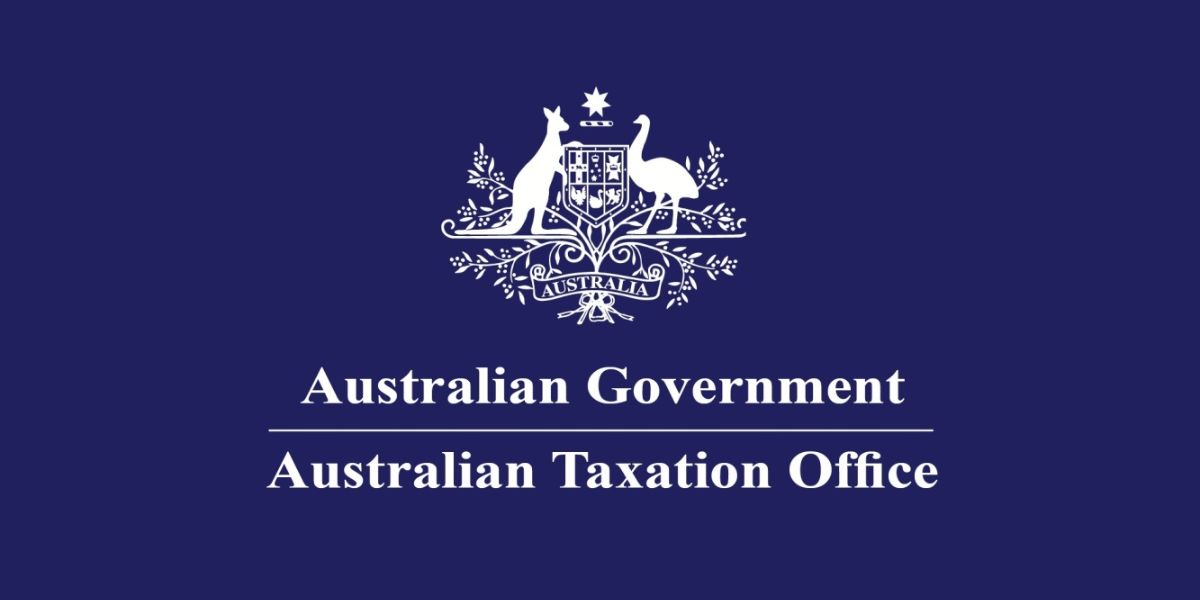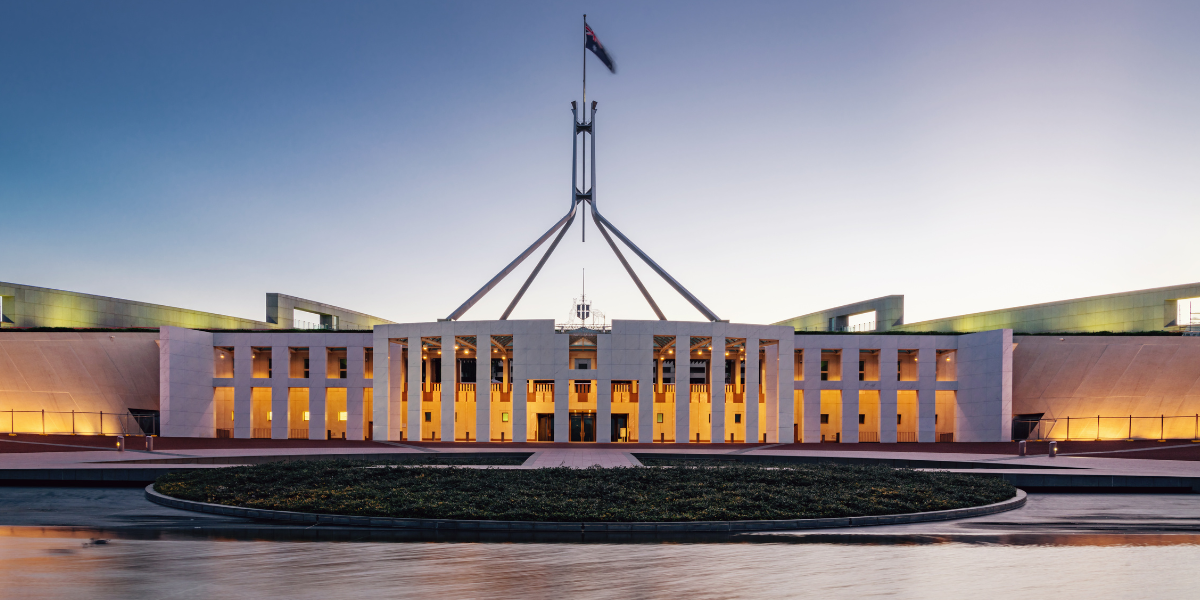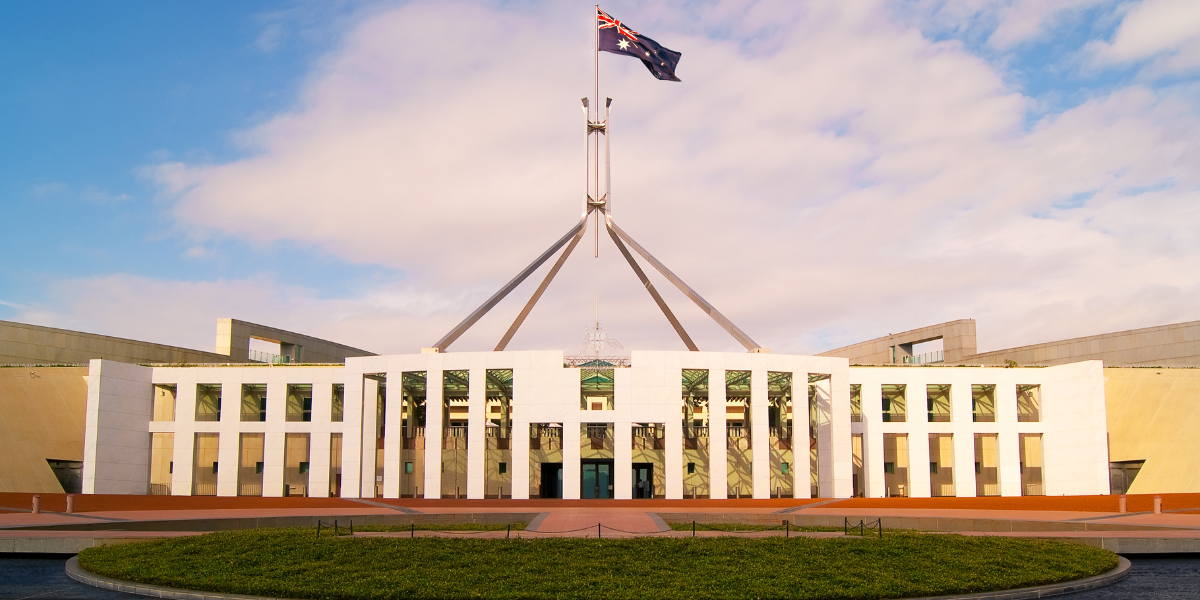The Australian Taxation Office (ATO) released an update concerning the petroleum resource rent tax (PRRT) deductions cap on 5 June, 2024. The petroleum resource rent tax (PRRT) deductions cap is now law and will take effect from 1 July, 2023.
A deductions cap may apply in relation to a petroleum project for a year of tax. If applicable, businesses will have a taxable profit of 10% of the assessable receipts derived from the project in the year of tax. This cap limits deductible expenses to 90% of the project’s assessable receipts for that year.
The ATO advises businesses engaged in liquefied natural gas (LNG) petroleum projects to understand the applicability of the deductions cap and the specific conditions they must meet. These projects won’t come under the scope of the PRRT cap until seven years after their first production year or 1 July, 2023, whichever is later.
The PRRT is a tax generally on profits generated from the sale of marketable petroleum commodities (MPCs). MPCs include stabilised crude oil, sales gas, condensate, liquefied petroleum gas, ethane, shale oil, and any other product declared by regulation to be an MPC.
PRRT has applied to offshore petroleum projects (except for the North West Shelf project and the Joint Petroleum Development Area) since 1987. The Bass Strait project has been subject to PRRT since 1990. In 2012, the PRRT regime was applied to onshore petroleum projects and the North West Shelf project but not to the Joint Petroleum Development Area.
Since 1 July, 2019, onshore petroleum projects were removed from the scope of the PRRT. As a result, provisions that relate to initial amounts of starting base expenditure and the consolidation single entity rule were repealed.
In addition, new uplift rates also apply to certain categories of carried-forward expenditure during this period.
On 7 May 2023, the government announced changes to the PRRT. The changes respond to the Treasury Gas Transfer Pricing (GTP) Review.















